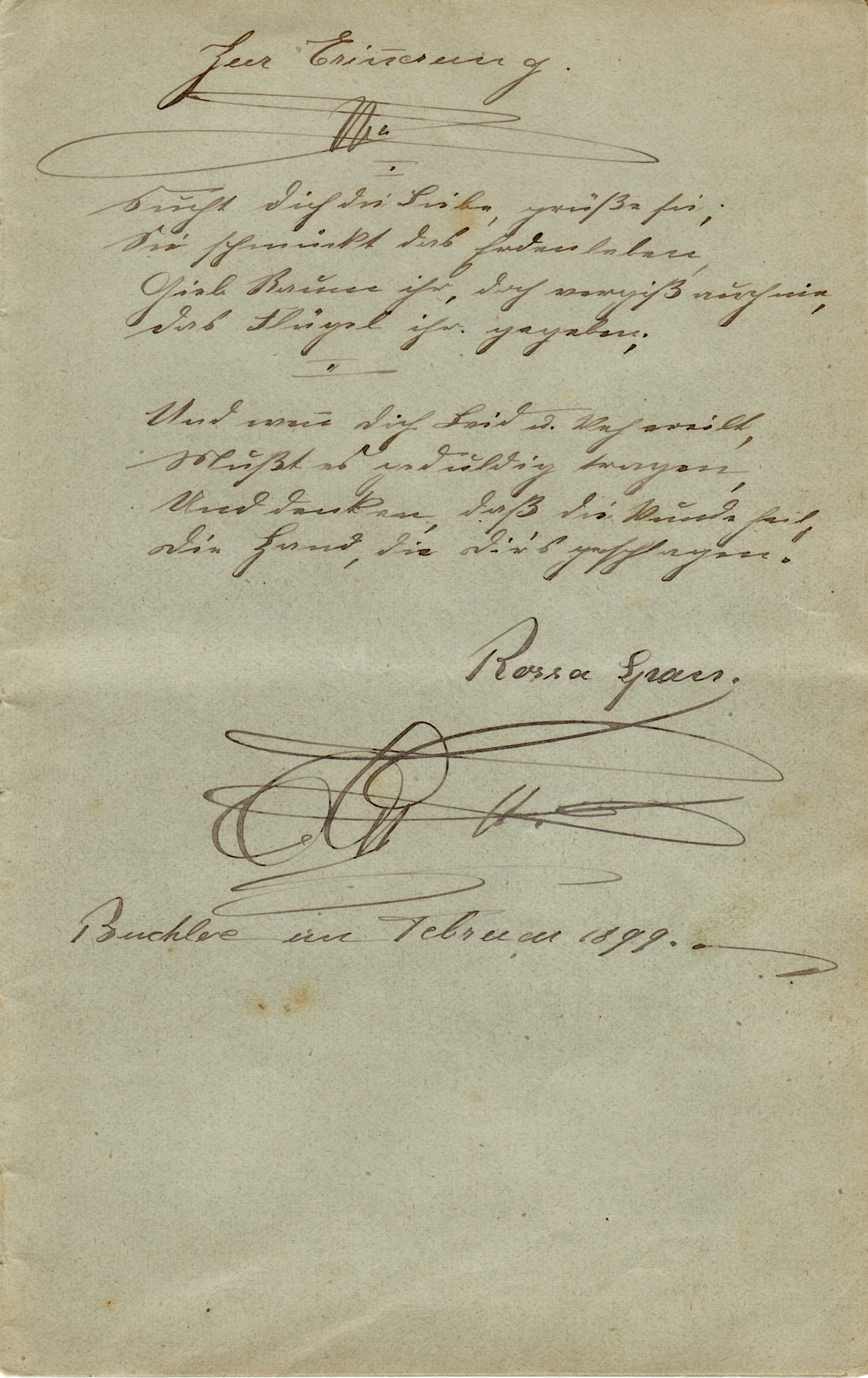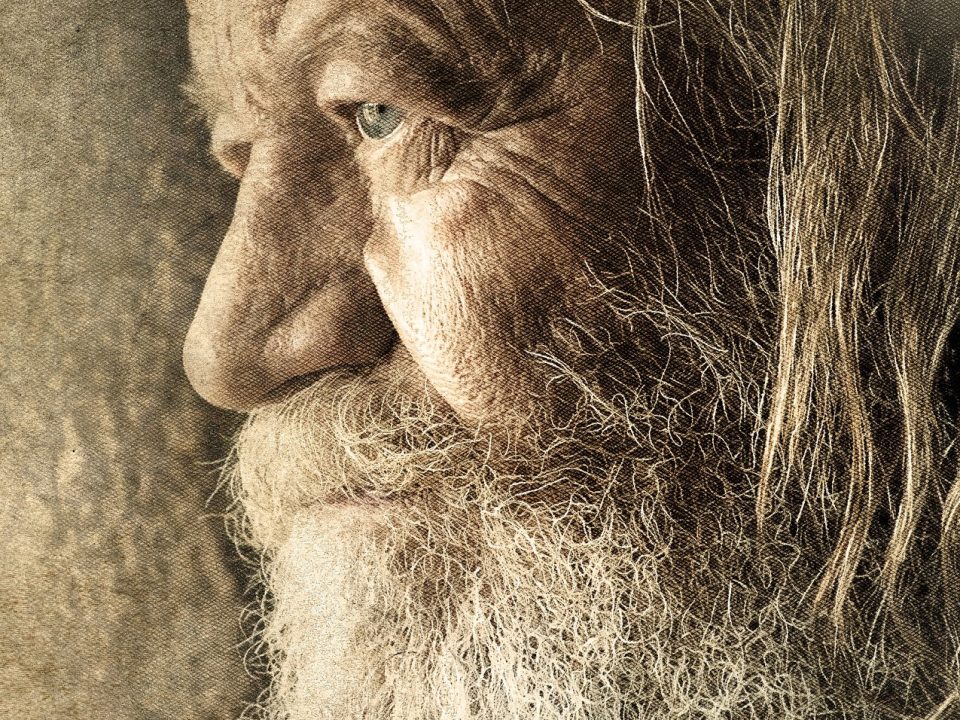
Edward MacDowell: Lancelot and Elaine
2024-03-07
Percy Bysshe Shelley: O dearest love !
2024-03-07George Edward Woodberry: Percy Bysshe Shelley

Here Percy Bysshe Shelley was born, on Saturday, August 4, 1792. He was the eldest child of Timothy and Elizabeth (Pilfold) Shelley. In this home he had for playmates, as he grew up, four younger sisters, and a brother the youngest of all : and on their memories were imprinted some scenes of his early days. He was fond of them, and as a schoolboy, when they came in to dessert, would take them on his knee and tell them romantic stories out of books on which his own imagination was fed; or he would declaim Latin for his father's pleasure; sometimes he led them on tramps through the fields, dropping his little sister over inconvenient fences, or he romped with them in the garden, not without accident, upsetting his baby brother in the strawberry bed, and being reproached by him as ' bad Bit.' St. Leonard's Wood, off to the northeast of the house, was traditionally inhabited by an old Dragon and a headless Spectre, and there was a fabulous Great Tortoise in Warnham Pond, which he made creatures in their children's world; nearer home was the old Snake, the familiar of the garden, unfortunately killed by the gardener's scythe; and, these not being marvels enough, a gray alchemist resided in the garret.
He once dressed his sisters to impersonate fiends, and ran in front with a fire-stove flaming with magical liquids, — a sport that readily developed with schoolboy knowledge into rude and startling experiments with chemicals and electricity. Altogether he was an amiable brother, mingling high animal spirits with a delightful imagination and a gentle manner. His young pranks were numerous. He delighted in mystification, both verbal and practical; he invented incidents which he told for truth, and he especially enjoyed the ruse of a disguise. A single childish answer survives in the anecdote that when he set the fagot-stack on fire and was rebuked, he explained that he wanted * a little hell of his own.
He also wished to adopt a child, — a fancy which lasted late into life, — and thought a small Gypsy tumbler at the door would serve. As child or boy, all our recollections of him are pleasant and natural, with touches of harmless mischief and vivid fancy. There was a spirit of wildness in him. Even before he went away to school, while still a fair, slight boy, with long, bright hair and full, blue eyes, running about or riding on his pony in the lanes, — where, after spending his own, he would stop and borrow money of the servant to give the beggars, — he attracted the notice of the villagers at Horsham as a madcap.
Toward the end of his boyhood he liked to wander out alone at night, but the servant sent to watch him reported that he only * took a walk and came back again.' Of all the scenes of this early home life, while it was still untroubled, the most attractive is the picture impressed on his five-year-old sister, Margaret, whose closest childish memory of him was of the day when, being home ill from Eton, he first went out again, and, coming up to the window where she was, pressed his face against the pane and gave her a kiss through the glass.
His education began at the age of six, when he went for the rudiments of Latin and Greek to the Rev. Mr. Edwards, a Welsh parson at Warnham, and got traditional Welsh instruction from the old man. At ten he was sent away from home to Sion House Academy, near Brentford, under Dr. Greenlaw, whom he afterward spoke of ' not without respect,' says Hogg, as ' a hard-headed Scotchman, and a man of rather liberal opinions.' Shelley was then tall for his years, with a pink and white complexion, curling brown hair in abundance, large, prominent blue eyes, — dull in reverie, flashing in feeling, — and an expression of countenance, says his cousin and schoolfellow, Medwin, * of exceeding sweetness and innocence.'
He was met in the playground, shut in by four stone walls with a single tree in it, by some sixty scholars drawn from the English middle class, who, writes Medwin, pounced on every new boy with a zest proportioned to the ordeal each had undergone in his turn. The new boy in this case knew nothing of peg-top, leapfrog, fives, or cricket. One challenged him to spar, and another to race. His only welcome was ' a general shout of derision.' To all this, continues Medwin, ' he made no reply, but with a look of disdain written in his countenance, turned his back on his new associates, and, when he was alone, found relief in tears.' It was but a step from the boys to the masters. If he idled over his books and watched the clouds, or drew those rude pines and cedars which he used to scrawl on his manuscripts to the end of his life, a box on the ear recalled him; and under English school discipline he had his share of flogging. * He would roll on the floor,' says Gellibrand, another schoolmate, ' not from the pain, but from a sense of indignity.' He was a quick scholar, but he did not relish the master's coarseness in Virgil, and though he was well grounded in his classics, he owed little to such a moral discipline as he there received. He was very unhappy, and Medwin does not scruple to describe Sion House as ' a perfect hell ' to him. He kept much to himself, but he had pleasures of his own. He formed a taste for the wild sixpenny romances of the time, full of ghosts, bandits, and enchantments; and his curiosity in the wonders of science was awakened by a travelling lecturer, Adam Walker, who exhibited his Orrery at the school. He and Medwin boated together on the river, and ran away at times to Kew and Richmond, where Shelley saw his first play, Mrs. Jordan in the * Country Girl.' Sport, however, played a small part in such a boyhood. * He passed among his schoolfellows,' says Medwin, ' as a strange and unsocial being, for when a holiday relieved us from our tasks, and the other boys were engaged in such sports as the narrow limits of our prison court allowed, Shelley, who entered into none of them, would pace backwards and forwards, — I think I see him now, — along the southern wall.' Rennie, another schoolmate, from whom comes the anecdote that Shelley once threw a small boy at his tormentors, adds that, * if treated with kindness he was very amiable, noble, high-spirited, and generous.' It is noteworthy that at Sion House he first developed the habit of sleepwalking, for which he was punished.
Shelley went up to Eton, July 29, 1804, being then almost twelve. Dr. Goodall, an amiable and dignified gentleman, was Head Master, and was succeeded in 1809 by Dr. Keate, renowned for flogging, who was previously Master of the Lower School. Shelley went into the house of a writing master, Hecker, and later into that of George Bethel, remembered as the dullest tutor of the school. He found a larger body of scholars, some five hundred, a more regulated fagging system, and a change of masters ; but if he was better off than before, it was because of his own growth and of the greater scale of the school, which afforded more freedom and variety and better companionship. He refused to fag, and he brought into the world of boyhood a compound of tastes and qualities that made him strange. ' He stood apart from the whole school,' says one of his mates, * a being never to be forgotten.' In particular the union in him of natural gentleness with a high spirit that could be exasperated to the point of frenzy exposed him to attack; but he was dangerous, and once, according to his own account, struck a fork through the hand of a boy, — an act which he spoke of in after-life as ' almost involuntary,' and ' done on the spur of anguish.' He was called ' Mad Shelley ' by the boys, who banded against him. Dowden describes their fun: —
'Sometimes he would escape by flight, and before he was lost sight of the gamesome youths would have chased him in full cry and have enjoyed the sport of a " Shelley-bait " up town. At other times escape was impossible, and then he became desperate. " I have seen him," wrote a schoolfellow, " surrounded, hooted, baited like a maddened bull, and at this distance of time I seem to hear ringing in my ears the cry which Shelley was wont to utter in his paroxysm of revengeful anger." In dark and miry winter evenings it was the practice to assemble under the cloisters previous to mounting to the Upper School. To surround " Mad Shelley " and " nail " him with a ball slimy with mud, was a favorite pastime; or his name would suddenly be sounded through the cloisters, in an instant to be taken up by another and another voice, until hundreds joined in the clamor, and the roof would echo and reecho with " Shelley ! Shelley ! Shelley ! "
George Edward Woodberry
— https://www.npg.org.uk/collections/search/portrait/mw35285/George-Gordon-Byron-6th-




